Of all the turning points in The Beatles’ career where the path they forged might have been drastically altered with another outcome, their failed audition with Decca Records in the beginning of 1962 might be the most momentous. Would they have become the Fab Four as we know it without that initial bout of rejection?
Videos by American Songwriter
The folks at Decca who made this decision have long been criticized as the fools who turned away the golden goose. A look back at the events reveals that, while the record company could have handled things better, their decision might have been the best thing to happen at the time to the group that would become rock and roll’s leading lights.
A Not-So Happy New Year’s
Not long after Brian Epstein took over managerial duties for The Beatles, he set out to find them a record label. Initial efforts to get an audition were spurned by several labels. But Decca Records agreed at least to have a representative go see the band perform live. This man, Mike Smith, saw the band play at The Cavern in Liverpool, and after that, gave them the chance for an audition on January 1, 1962, at Decca’s London studios.
The circumstances surrounding the audition certainly weren’t conducive to a stellar Beatles performance. Their drive to London was a harrowing one, due to a snowstorm. Smith showed up late because he’d been out partying on New Year’s Eve. He then refused to let the group use their own equipment, claiming it was substandard and forcing them to use what Decca had on hand.
The Beatles laid down 15 songs that day. Their song selection was intriguing, in that it leaned into comedy-style records like “The Sheik of Araby” and “Besame Mucho,” as well as easy listening-style songs such as “To Know Her Is To Love Her” and “Till There Was You.” The three Lennon-McCartney originals they played that day, while pleasant, lacked the rocking spunk of future hits like “From Me to You” and “I Saw Her Standing There.”
Decca’s Decision
While the material perhaps wasn’t ideal, and the band still lacked the sharpness that would arrive when Ringo Starr joined the fray as drummer in place of Pete Best, there are glimmers in those Decca tapes that suggest what was to come. As it turns out, it wasn’t enough for the powers that be at the label.
What happened next differs depending on the recollection. Dick Rowe, the head of A&R at Decca, claimed he left the decision up to Mike Smith. Another band, Brian Poole and The Tremeloes, had also auditioned. Rowe told Smith he could take one or the other, and he went with The Tremeloes because their London home (as opposed to The Beatles in Liverpool) made it more convenient.
Brian Epstein claimed it was Rowe who laid the hammer down, saying “beat bands” were on the outs. (Considering Rowe signed The Tremeloes, also a beat band, Epstein’s recollection has always seemed off). At one point, Epstein was still offered the chance to record with The Beatles at Decca if he fronted the money for the sessions. But he pulled out when a meeting with the scheduled producer went poorly.
When One Door Closes …
If nothing else, Epstein walked out of the fiasco with crisp, professional recordings to pitch to other labels. These recordings impressed George Martin, the head of EMI’s Parlophone label, enough that he agreed to audition the band as well.
It should be noted Martin wasn’t exactly bowled over by The Beatles’ music when they played for him either, although he did take a shine to their personalities. Martin’s insistence that Pete Best just wasn’t up to snuff also led to the group firing him and hiring Starr. By the end of 1962, the group had recorded a couple of singles for Martin’s label, one of which (“Please Please Me”) shot to No. 1 early the following year.
Decca usually gets painted as the bad guys in this story, although it seems their reluctance to jump at the group wasn’t completely nonsensical. In any case, it’s clear The Beatles ended up where they were meant to be, with a label and a producer who encouraged their artistic efforts and saw their potential, even before their talents quite caught up to it.
Photo by Michael Ochs Archives/Getty Images






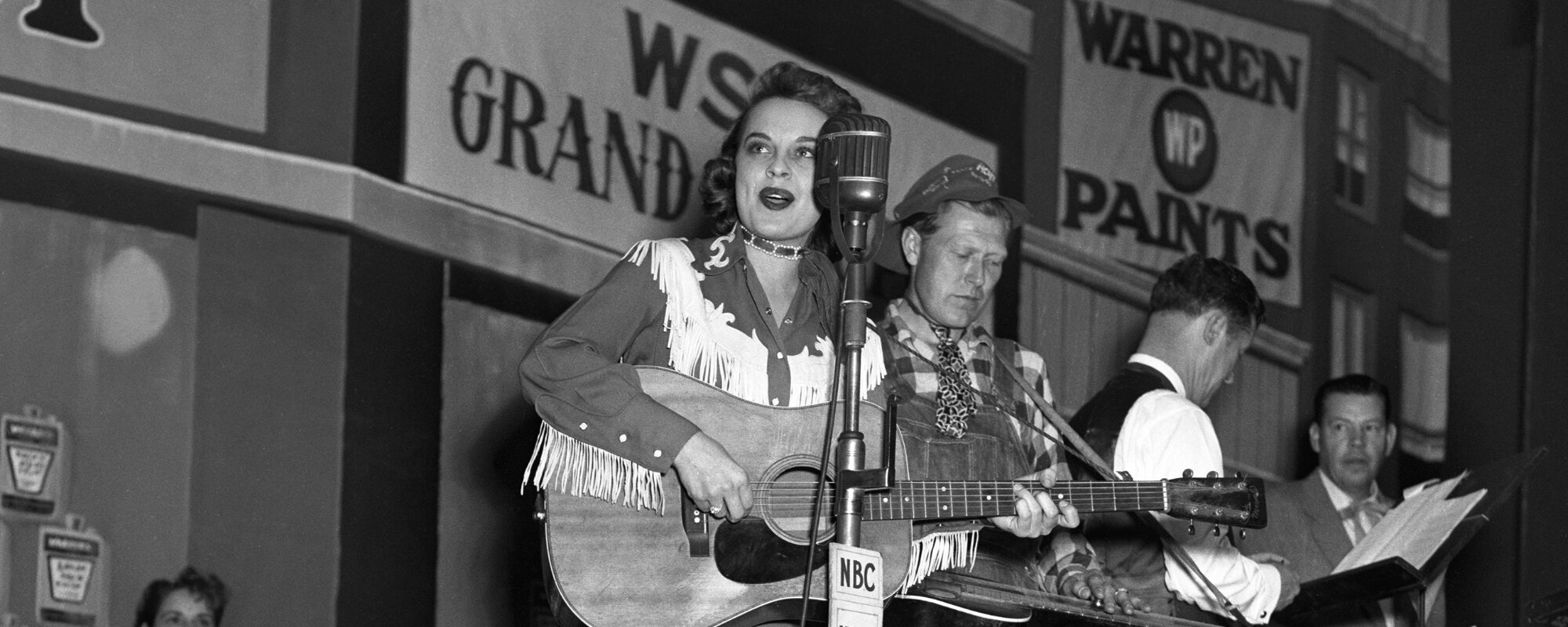
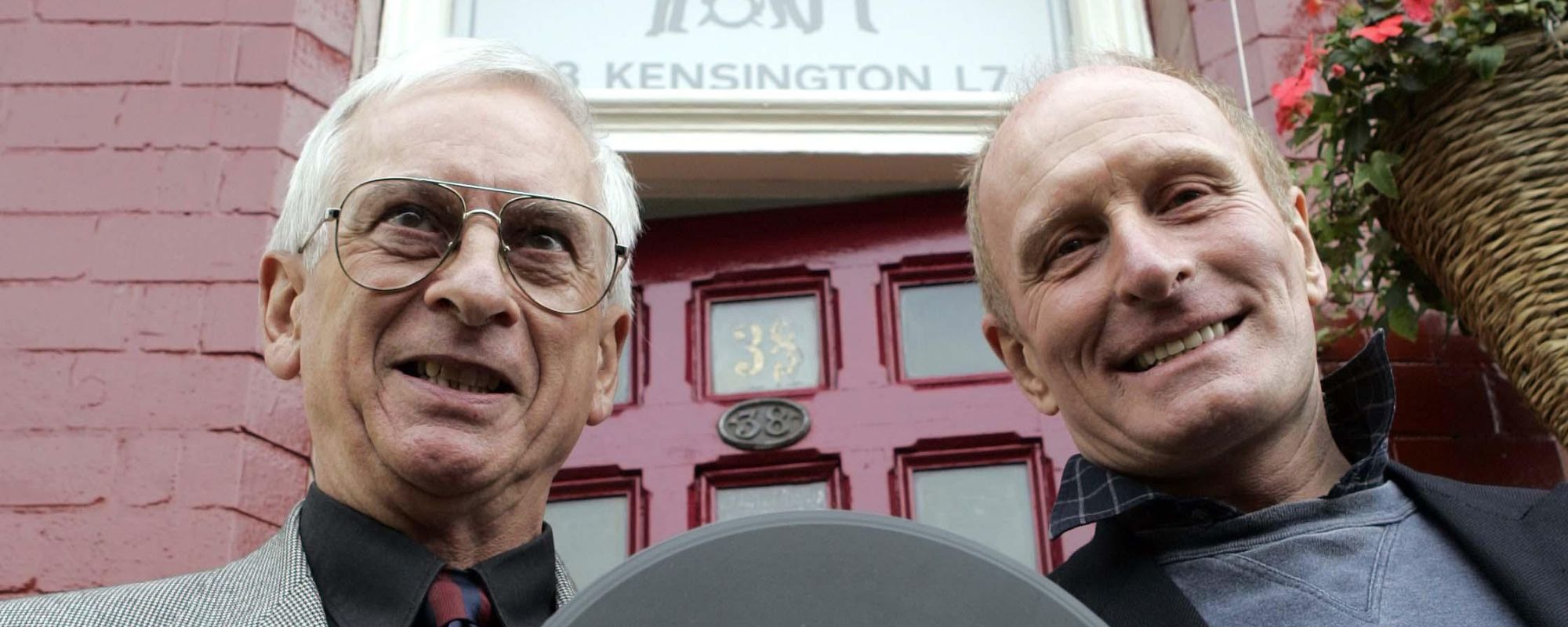
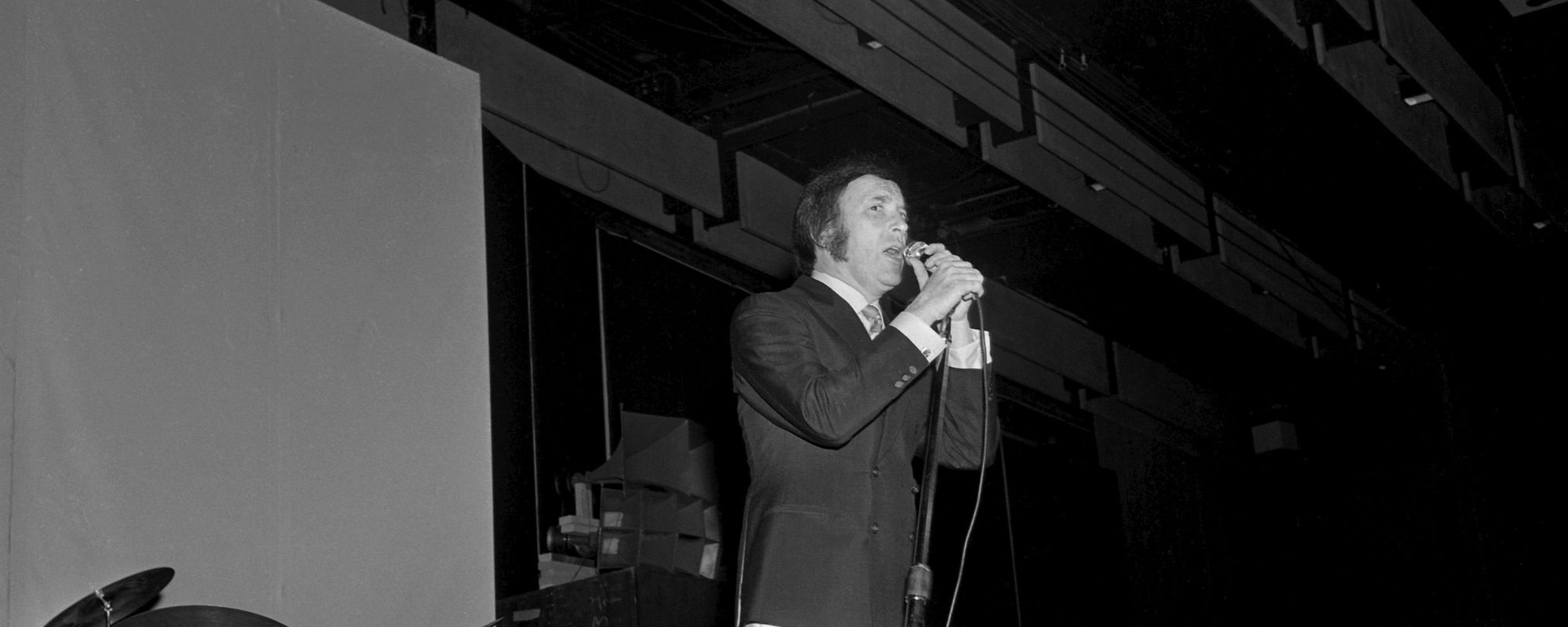

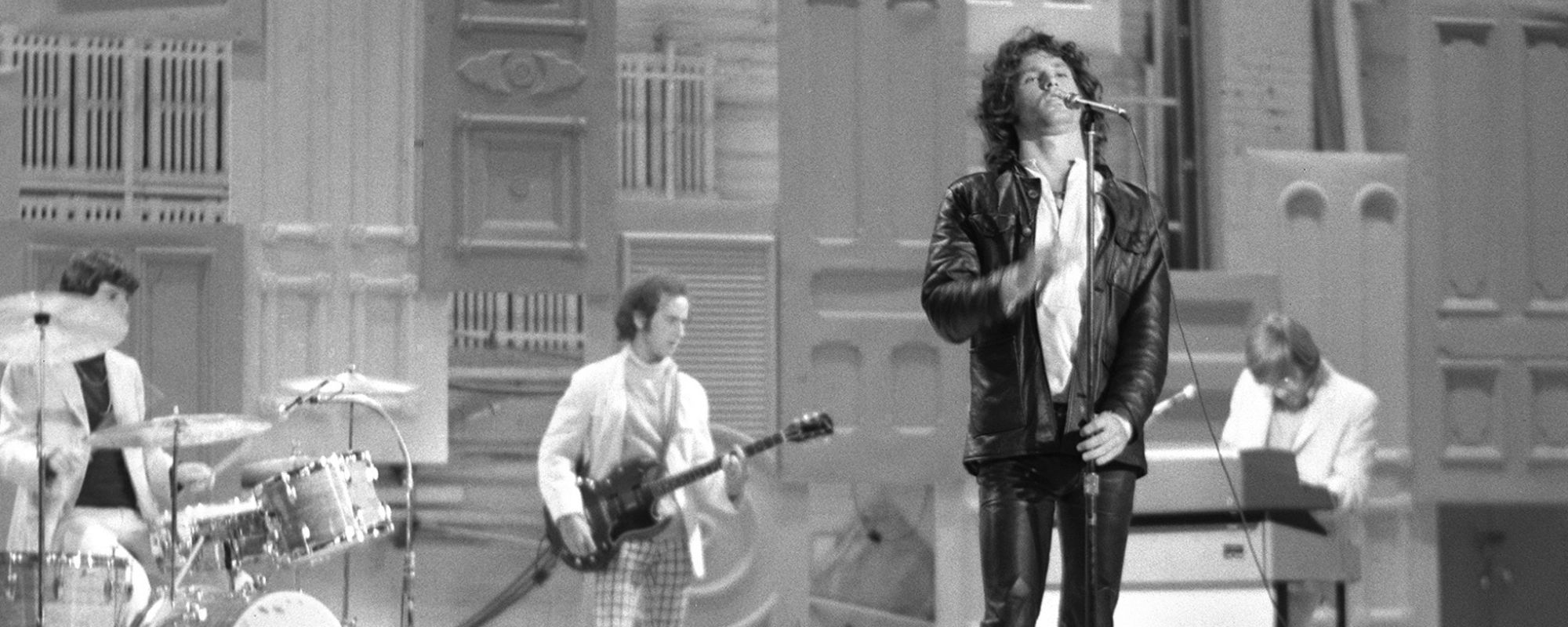
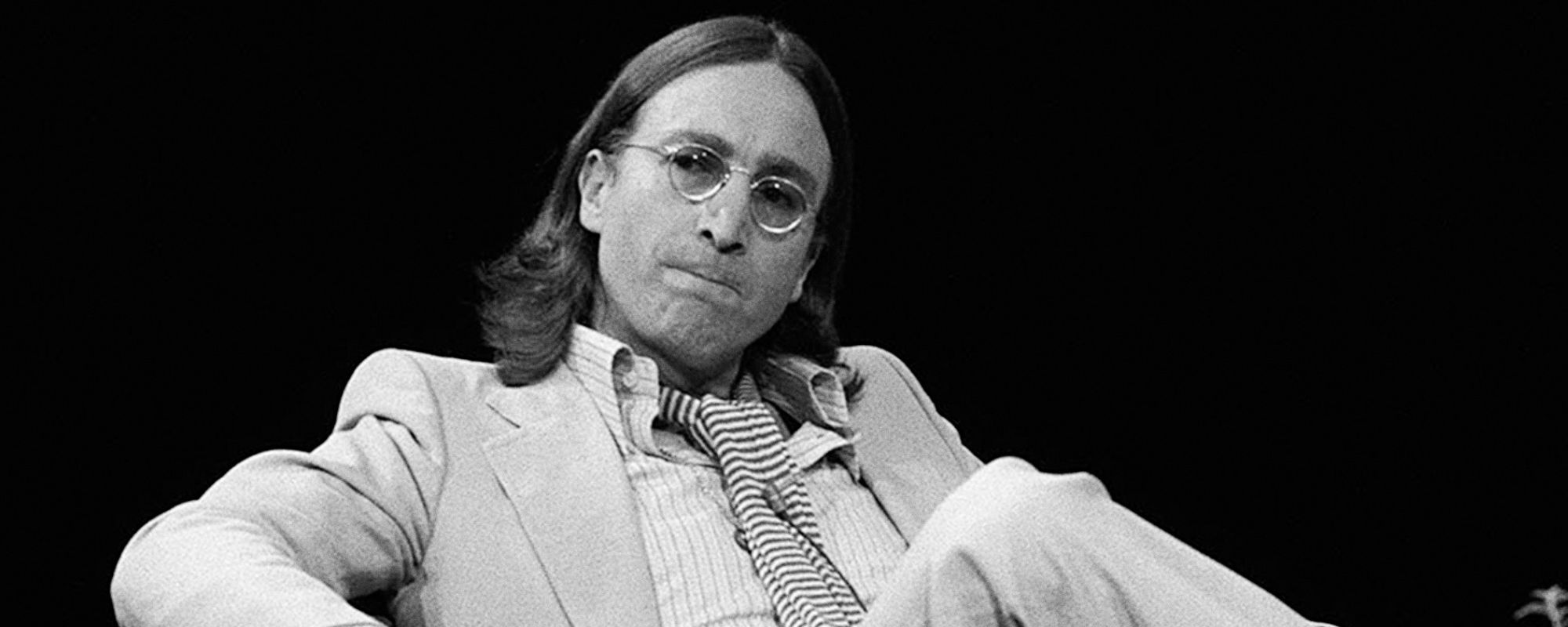
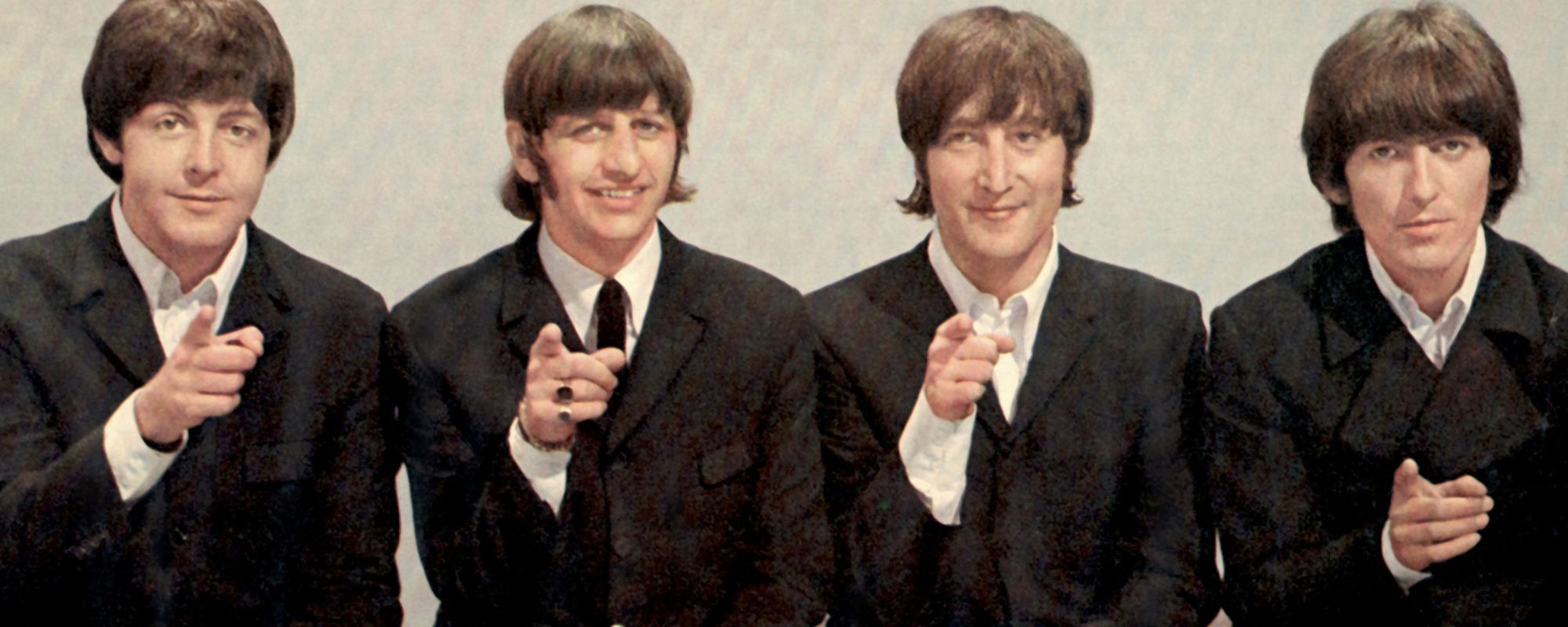
Leave a Reply
Only members can comment. Become a member. Already a member? Log in.